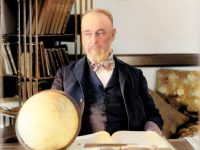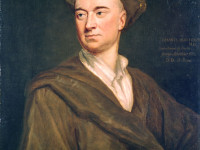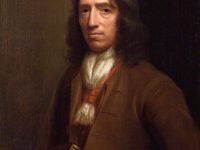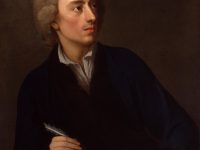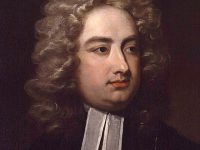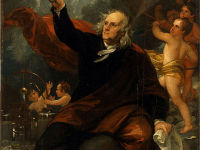Asaph Hall and the Discovery of Phobos and Deimos
On October 15, 1829, American astronomer Asaph Hall III was born, who is most famous for having discovered the moons of Mars, Deimos and Phobos, in 1877. He determined the orbits of satellites of other planets and of double stars, the rotation of Saturn, and the mass of Mars. “The deepest truths require still deeper truths to explain them.” – Asaph Hall Asaph Hall – Early Years Asaph Hall was born in…
Read more

